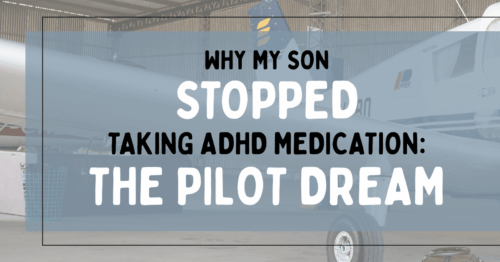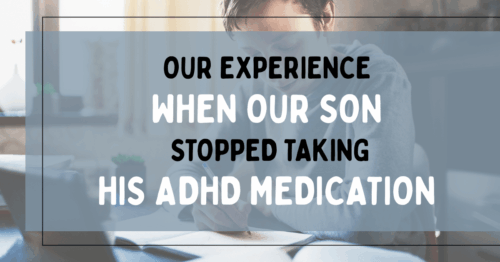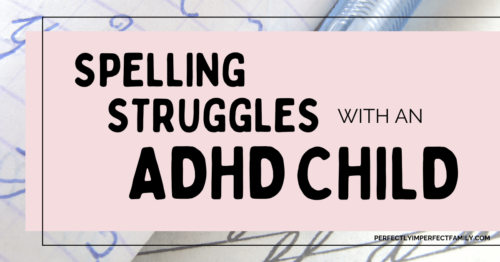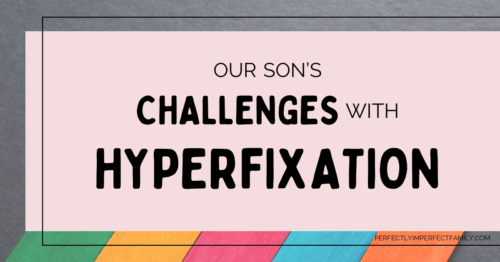Why My Son Stopped Taking ADHD Medication: The Pilot Dream
When my son told me he couldn't be a pilot because he has ADHD, I was shocked. After researching the FAA requirements, we discovered he'd need to be off medication for four years and pass extensive neuropsychological testing. Here's what we learned about ADHD, medication, and pursuing a pilot career.
Our Experience When Our Son Stopped Taking His ADHD Medication
My son has been on medication for his ADHD for about ten years. I believe strongly that it helped him with his focus and attention, especially during school. This article is about why our son made the decision to stop taking his medication and what that experience was like for our family. This isn't an article on not having your…
Can a Child Succeed in School When They Have ADHD?
Children with ADHD can succeed in school — not just scrape by, but thrive. It might not look traditional, and the path may be winding, but with support, self-awareness, and a focus on strengths, real growth happens. My son, who has inattentive ADHD, is living proof: resilient, creative, and learning to define success on his own terms.
5 Ways to Help Your ADHD Child Manage Hyperfixation
Managing hyperfixation in children with ADHD can be challenging, especially when their focus locks onto something they love, like video games. I share five practical strategies I’ve used to help my son navigate hyperfixation. From setting time limits to involving him in rule-making, it’s all about finding what works for your family.
Spelling Struggles With an ADHD Child
I didn’t realize spelling struggles were common for kids with ADHD until my son was older. Looking back, I wish I had known sooner — it would have saved us both frustration. He’s still a great student despite the challenge. If your child struggles with spelling, be patient. They’ll be just fine! What strategies have worked for you?
Our Son’s Challenges With Hyperfixation
Hyperfixation, common in those with ADHD, is an intense, prolonged focus on a specific activity or interest. While it can lead to amazing productivity and energy, it also causes challenges like ignoring personal needs, not listening, or delaying tasks. For our son, video games are a common area of hyperfixation, affecting his focus on daily responsibilities.
